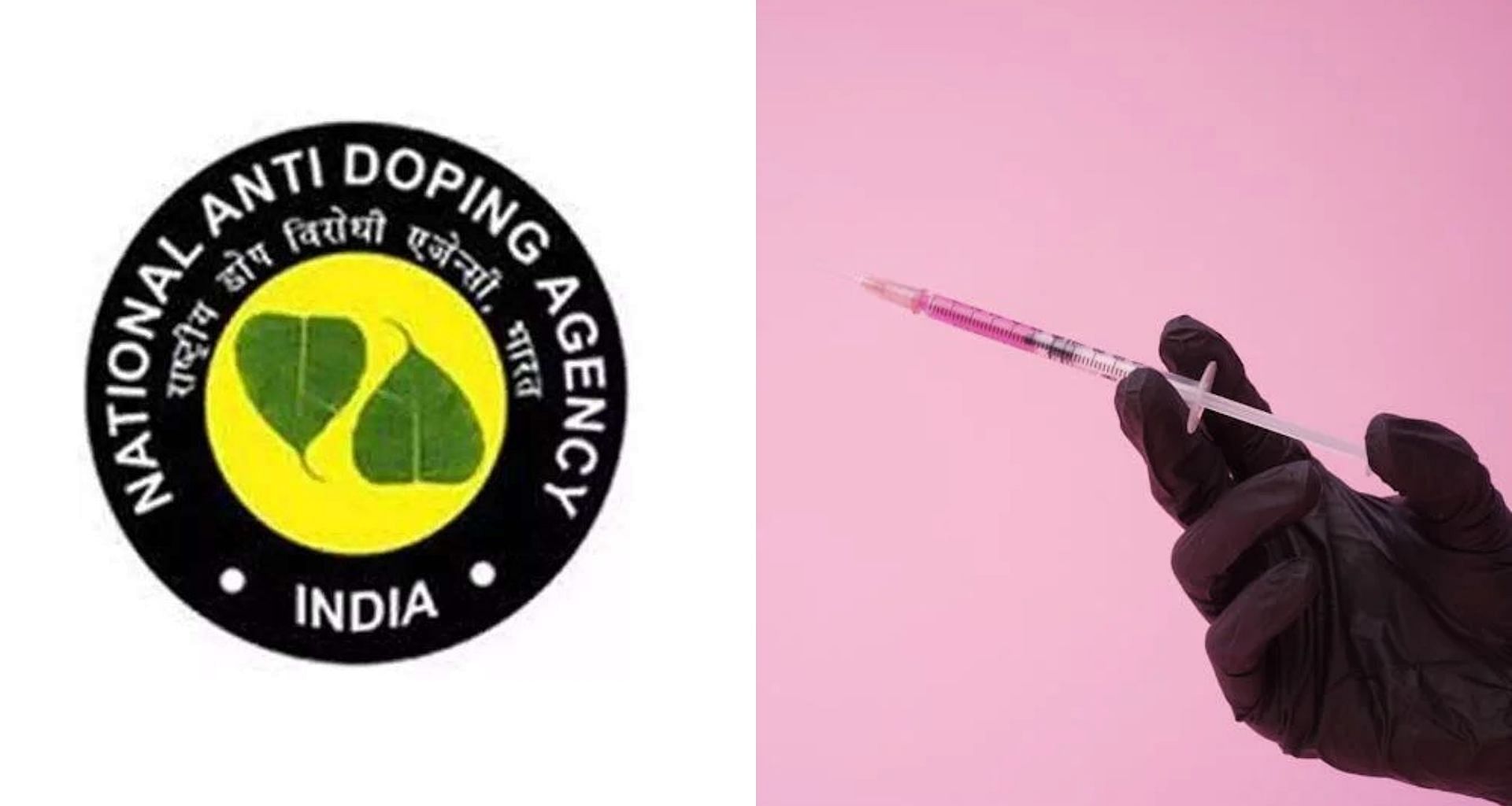
What is National Anti-Doping Agency (NADA)?
NADA (National Anti-Doping Agency) of India was founded on November 24, 2005 as the central authority in the nation designated to make sure that the virtue of sports is maintained by reinforcing anti-doping policies. The main objective of this anti-doping agency is primarily focused on fostering, coordinating, and monitoring Doping Control Programmes in sports across the nation.
It operates under the aegis of the Union Sports Ministry and has its headquarters in New Delhi as a registered, non-profit organization. It was instituted by the Union government under the National Anti-Doping Act of 2022 and has scientists, along with members from the Indian Olympic Association (IOA), under its panel.
NADA is dedicated to the objectives of fair play and sportsmanship, and against the use of performance-enhancing drugs and methods. The Agency endeavors to adopt and implement anti-doping rules and policies in accordance with the conditions of the World Anti-Doping Agency.
The exhaustive work in which NADA engages includes cooperation at the national and international levels with other anti-doping organizations, research programs, and education-related initiatives on anti-doping measures.
The board comprises representatives from various sectors including government, non-governmental agencies, scientists, and persons from the Indian Olympic Association. The Chairman of the anti-doping agency is the Minister of Sports in India. The present Director General is Ashish Bhargava, IAS.
What are the rules and regulations of NADA?
NADA has an essential responsibility of adopting and executing all practices and regulations concerning anti-doping. These practices are accepted worldwide standards that have been put in place to preserve the integrity of sports in India. It will hear and resolve all problems originating from any matter directed in accordance with the anti-doping laws.
The major activities undertaken by them relate to in-competition and out-of-competition doping controls. In fact, it is this rigorous testing regime that ought to deter athletes from the use of prohibited substances and help maintain a level playing field. The testing procedures of the agency adhere to the WADA-prescribed guidelines and are, therefore, at par with international benchmarks of accuracy and reliability.
How do education and outreach play a vital role for an Anti-doping agency?
The key to NADA's strategy to combat doping lies, therefore, in education. The agency holds a number of awareness events targeting athletes, coaches, and a support team to enhance information on the dangers and consequences of doping. This forms an important way to cultivate the culture of clean sports and also to enlighten stakeholders on their responsibilities and the bare minimum requirement for adherence to the set anti-doping rules.
The anti-doping agency works in cooperation with a number of organizations to promote its anti-doping initiatives. It coordinates with the Indian Olympic Association and other national federations of sports regarding the integration of anti-doping rules within their respective constitutions. Further, NADA aligns itself with WADA and other international partners in an effort to keep up with developments in anti-doping science and policy.
The formation of the anti-doping agency comes at a time when big international events related to doping controversies by Indian athletes have been too many in the past couple of years. The enormous tasks ahead of NADA are to take the IOA and national federations on board for its rules and regulations. Involving them means getting not only their acceptance but such rules are embedded into their constitutions.